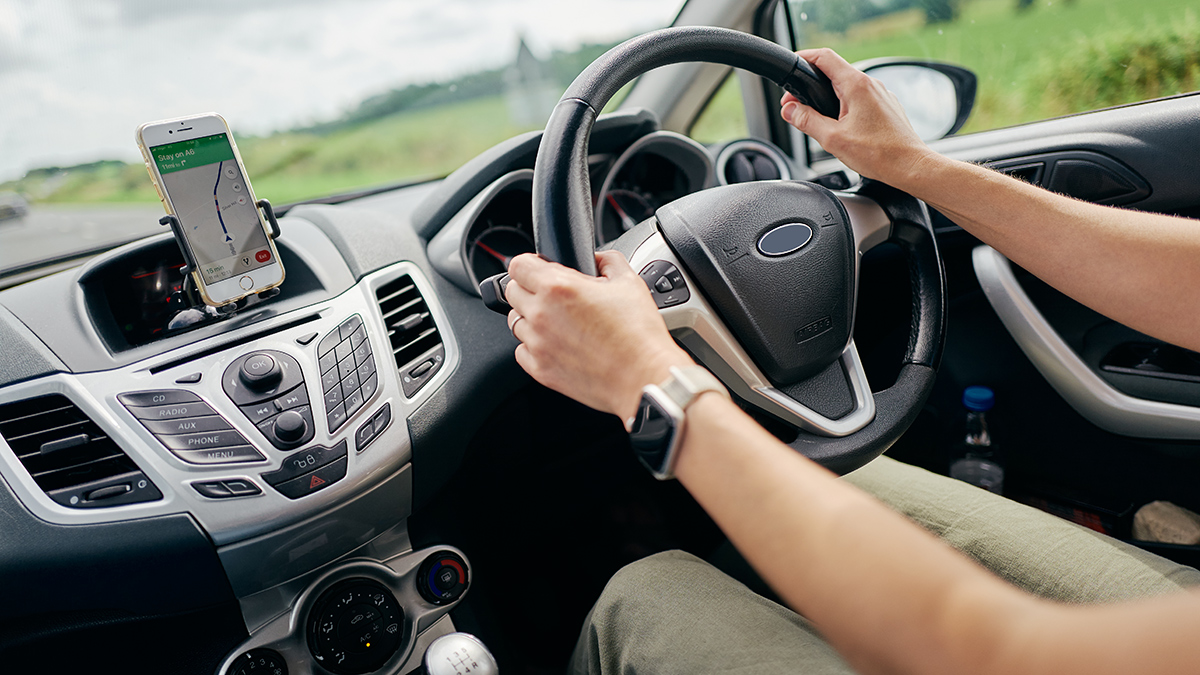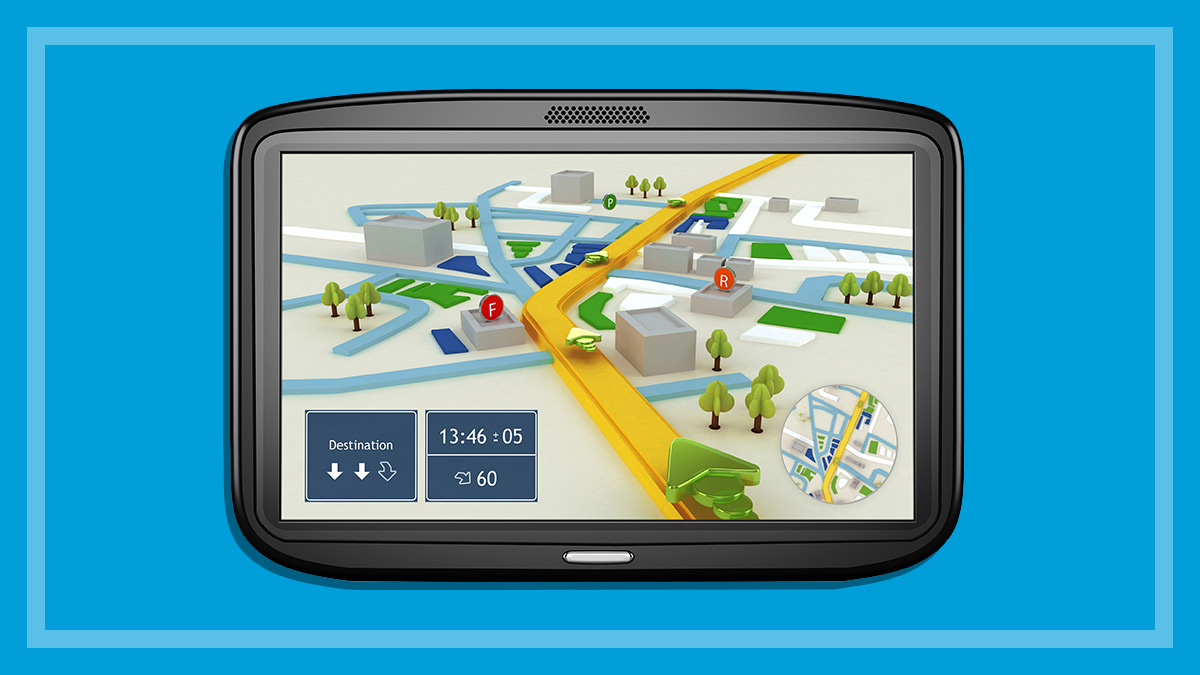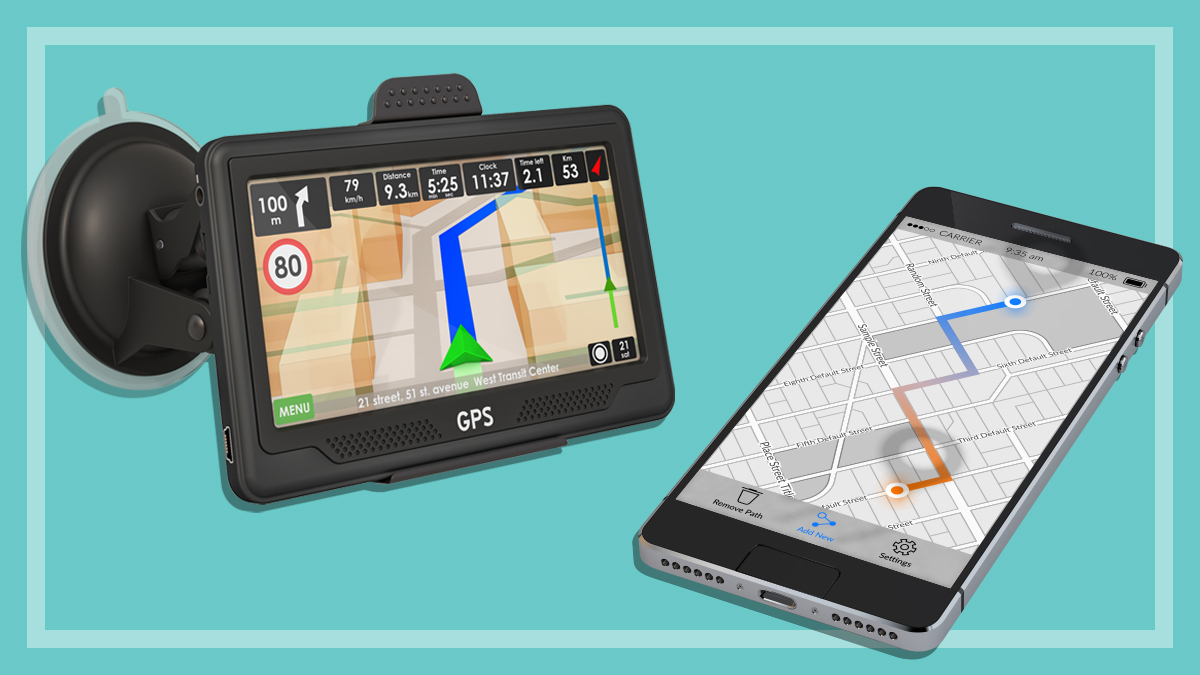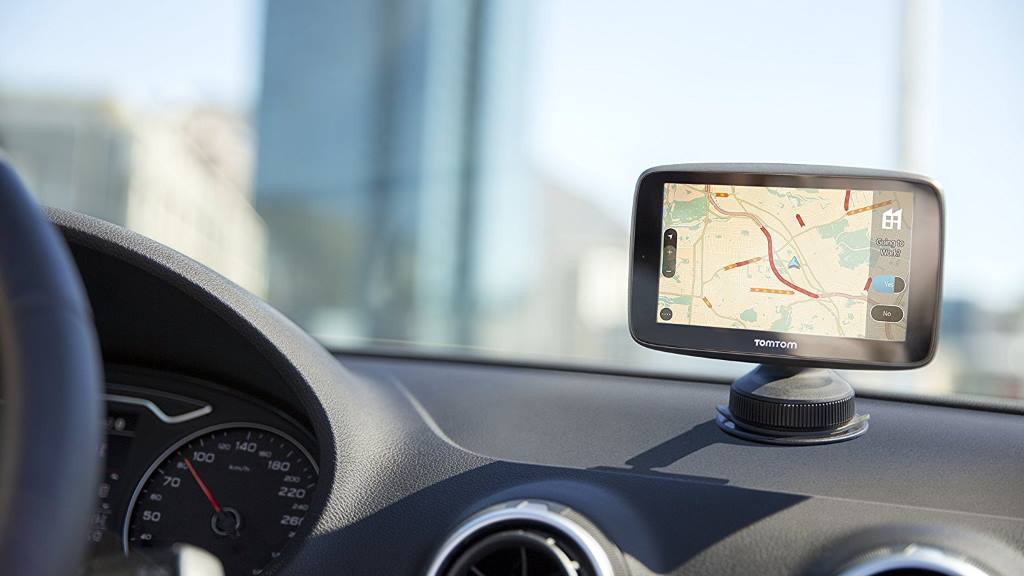Get our independent lab tests, expert reviews and honest advice.
How we test car GPS devices and apps

Our testers hit the roads to find out which car GPS devices or smartphone navigation apps are worth taking on your next trip.
On this page:
How we choose what we test
For navigation apps we look through the various online stores to see the most popular smartphone GPS apps are and take them out on the road to see how well they perform. We test the latest version of the app on mid to high-end iOS and Android devices.
How we test car GPS devices and apps
Find an address
We measure the ability of the GPS system to find an address correctly, in the country and the city.
- Regional: We check a range of business addresses for accuracy in various states. If the address can’t be found and the business is not a point of interest, then the score is zero for that address.
- City: These tests are carried out in Sydney, as past results in various cities showed very little difference between models in built-up areas in terms of distances and arrival times. We select 10 locations around the city, and the more locations the GPS finds and then routes to, the better the score. The total of the predicted distances is calculated, and the more accurate the predicted distance, the better the score.
Points of interest are not used in the app assessment as navigation apps don’t categorise this data like GPS units do. Apps require you to search for nearby points of interest whereas GPS units let you browse them.
We changed the regional locations used in our ‘Find an address’ assessment in 2021 which is why we’ve noted the year of each test in our table. Though results for models tested before 2021 are very similar, due to this change they are not directly comparable.
Ease of use
- Navigation apps: We assess how easy it is to install the app and use the menu structure on the touchscreen. We also look at the quality of the display data such as distance to next turn, street name and turn direction symbols.
- GPS devices: We assess how useful the GPS’s instructions are, how easy it is to attach and remove the unit, and whether it vibrates during travel. We also look at how easy it is to use the menu structure on the touchscreen and, where supplied, whether it’s necessary to use a stylus to navigate the menu.
Verbal instructions
- Verbal instructions are assessed on the quality of the voice, timing of turn and other instructions, how clear the instructions are, and whether it’s possible to rely on verbal instructions without looking at the screen.
Speed of map refresh
- We check how long it takes the instructions/route to recover after a missed turn, and after coming out of a tunnel with a planned turn-off immediately after the tunnel exit.
Test criteria explained
The CHIOICE Expert Rating (or overall score) for our GPS units and navigation apps is made up of:
- find an address (25%)
- ease of use (20%)
- verbal instructions (20%)
- screen quality (15%)
- points of interest (10%)
- map refresh speed (10%).
Note: Some general data for apps is dependent on the device it’s installed on, such as screen size. Variable data such as this is listed as ‘smartphone’ in our table.
Our test lab
We maintain a lab that is up to date with the latest reference machines and calibrated measurement tools for our testers to bring you the right results.



